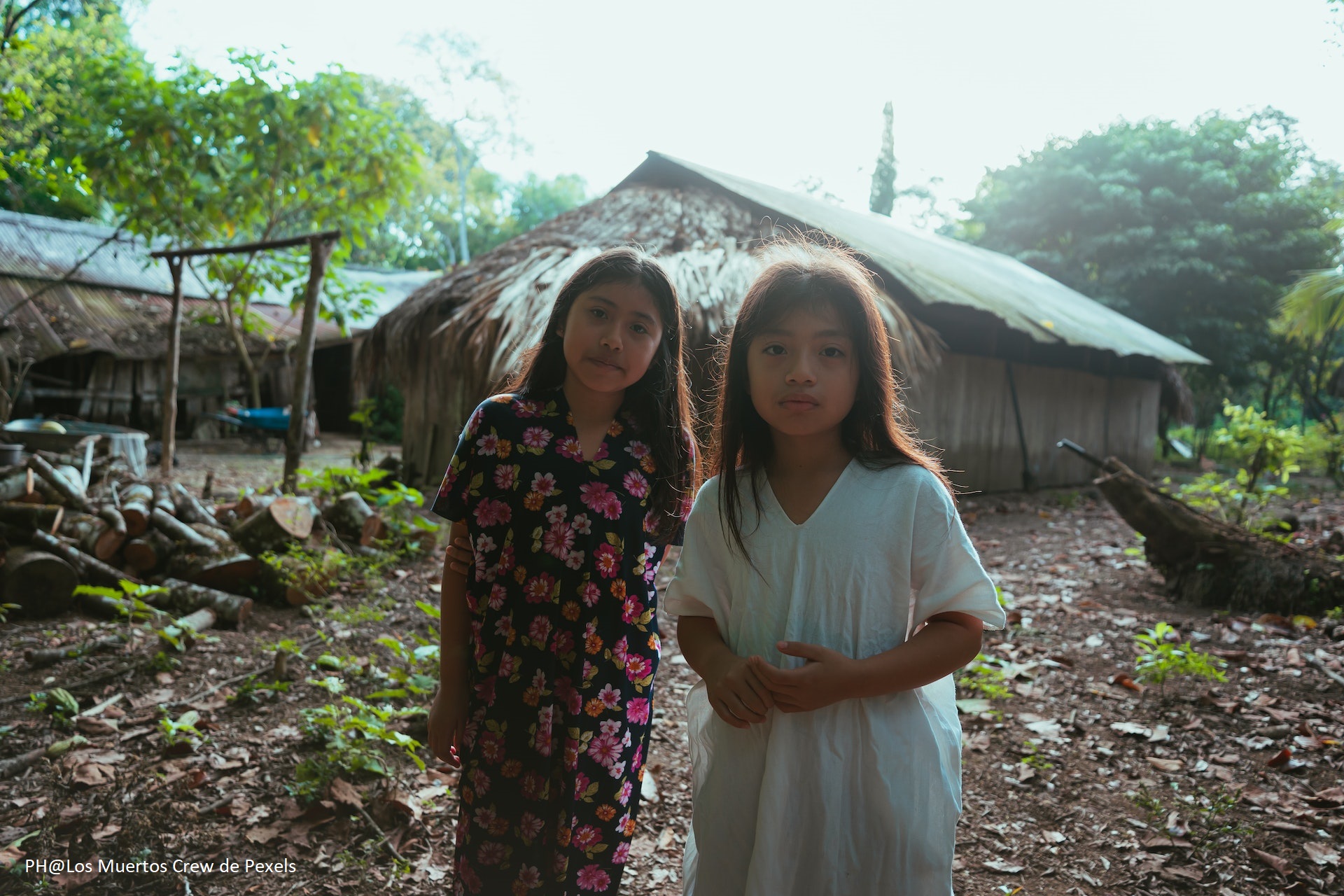+39 0669887260 | info@wucwo.org | Contact us
Breaking Barriers
 Breaking Barriers: Study Reveals the State of Discrimination and Participation of Latin American and Caribbean Women in the Church and Society.
Breaking Barriers: Study Reveals the State of Discrimination and Participation of Latin American and Caribbean Women in the Church and Society.
In an effort to address discrimination and promote equal opportunities for women in Latin America and the Caribbean, the World Women's Observatory (WWO) of the World Union of Catholic Women's Organisations (WUCWO) and the Socio-Anthropological Pastoral Observatory of the Knowledge Management Center of the Latin American Episcopal Council (CELAM) have presented the results of the study "Discrimination and Participation of Latin American and Caribbean Women: A Look from and towards Our Church."
This significant report, with active participation from thousands of women from the four regions of CELAM, sought to shed light on the level of discrimination and participation perceived by women in both society and the Church. Additionally, the study aimed to gather proposals from women themselves to overcome unequal situations in both civil society and the Church.
The study is a continuation of the previous project titled "Report on the Impact of Covid-19 on Women in Latin America and the Caribbean," delving deeper into the specific challenges faced by women in the region, particularly during the context of the Covid-19 pandemic. It also aligns with the diagnosis of the "Social Balance of the Covid-19 Cycle in Latin America and the Caribbean 2021" report.
Following the teachings of the Holy Father in Evangelii Gaudium, a process of deep listening was initiated, involving thousands of women. The goal was to give voice to their perceptions of discrimination and participation in the Church and society and to translate their ideas into concrete initiatives that contribute to ending inequalities between men and women.
The report, carried out through a qualitative methodology, reflects the experiences and opinions of women who were heard directly or through the survey. The majority of those "heard" through the survey identify as Catholics and have a medium to high level of education.
One of the key conclusions of the report is the importance of granting women a leading role in both society and the Church. The Eclesial Assembly emphasized the need to create "a new place for women in the Church," recognizing the significance of the evangelizing presence of consecrated and lay women, as well as the appreciation of their contributions to the history of the Church and society.
The significant findings of the study are revealing:
• 81.9% of the women surveyed reported experiencing some form of discrimination.
• 98.4% expressed the need to implement actions to reduce discrimination.
• 54.9% stated that more spaces for women's participation in society should be created.
• 45.8% shared experiencing discrimination within the Church, identifying clericalism as the main obstacle to women's effective participation in decision-making.
• 58.5% affirmed the need to generate new spaces for women's participation in the ecclesial sphere.
• 33.5% perceived discrimination related to the objectification of women portrayed by some media and social networks.
• 27.7% considered that although there are laws to guarantee equal opportunities between men and women, their effectiveness in practice is limited.
Based on these findings, the report also proposes concrete actions to promote gender equality, such as education in equality from childhood, the creation of training spaces in equality for women and men, the establishment of new ministries and female diaconate, and raising awareness among leaders and decision-makers about the valuable contributions of women to society.
The study was carried out in two parallel stages: virtual meetings with expert women from various communities in Latin America and the Caribbean, followed by a survey aimed at determining situations of discrimination and participation in different sectors of society and the Church.
This report represents an important step towards building a more inclusive and egalitarian society, where women's voices are heard, and their contributions are valued in all areas. WWO, WUCWO and CELAM reaffirm their commitment to continue working towards promoting women's rights in the region.
To access the full report, please visit:
https://www.worldwomensobservatory.org/_files/ugd/d3cde1_02dad5c80efc44e3beee86c917ab5497.pdf
